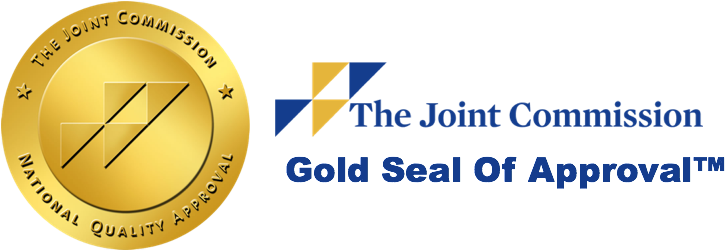In terms of mental health conditions, anxiety and depression are the most common. However, the two have varying levels of severity that can make things difficult to deal with. It is important to learn how they work together to create a sometimes deadly combination.
Anxiety
For those who struggle with anxiety, there is often nothing more frightening than life itself. The anxiety of day-to-day tasks can create debilitating fear. This means that people find they cannot function in any normal capacity.
Some forms of anxiety include:
- Generalized anxiety disorder (GAD)
- Obsessive-compulsive disorder (OCD)
- Panic disorder
- Post-traumatic stress disorder (PTSD)
- Social phobias
Another thing to remember is that anxiety does not always start at a young age and continues through adulthood. Some people experience anxiety their entire lives. Others develop it when they are young and find ways to deal with it early. More often, people will develop it at different stages of their lives. It is often environmental and a response to the different experiences endured in life.
Depression
People with depression often say that nothing makes them happy. Very little can cheer them up, while nearly everything can bring them down. Depression, much like anxiety, is a response to life experiences and can be triggered at any point during your life.
A few types of depression include:
- Major depression
- Persistent depressive disorder
- Seasonal affective disorder (SAD)
- Postpartum depression
- Situational depression
Most people will experience one or more of these at some point due to the sheer variety of depressive conditions. For many, depression will only last a short time and will be situational. However, for others, depression will linger for long periods of time, never seeming to go away. These people have the most to worry about, as depression can lead to any number of ill-advised behaviors.
The Role of Substance Abuse
An indicator of depression and anxiety is substance abuse. Often, depression, anxiety, and substance abuse are all linked to trauma. These traumas do not need to be severe to create lasting effects. For some people, the death of a loved one can cause extreme mental distress. This trauma can then lead to anxiety about the possibility of their own imminent death, for example.
An individual may find that a traumatic flight leaves them too anxious to fly in a plane and thus leads to depressive thoughts and fears about not being able to travel to see family and friends. Regardless of the reason, when the two conditions are combined, the person may resort to substance abuse.
For some, substance use may feel like the only way to dull the pain of their overwhelming feelings, and once they start, it can feel impossible to stop. The compulsion to continue using illicit substances may create its own sense of anxiety and depression. A person feels bad about using and then feels anxious about how they will react without substances. This can lead to an endless cycle that can only be stopped by the intervention of a special program and therapy.
Learning to Separate
When someone enters a detox and rehabilitation program, they will first find that they need to eliminate the substances they have been putting into their bodies. Once this process is complete, they will begin their rehabilitation process. Due to the fact that they have both co-occurring conditions — where two mental health conditions are present at the same time — as well as a dual diagnosis — meaning a mental health condition and substance use disorder (SUD) — their care will differ slightly from those who only struggle with SUD. While group therapy may focus on the substance abuse itself and some of its root causes, individual therapy will be different.
For people with co-occurring conditions, a medical professional will develop a treatment plan. This will include aspects of care that deal with anxiety separately from depression. Since each impacts the other, it is impossible to completely separate them. However, it will be vital to treat each simultaneously rather than independent one each other.
The root of each problem will be explored, along with how much of your life they are affecting. If they are only rooted in certain activities, it may be easier to attack them head-on. Some may have anxiety over travel and may be encouraged to go for short drives instead of trying long flights. With depression, you may learn to journal. You can learn to encapsulate tough moments and take control over how you feel. This will put things into a better perspective and open your eyes to your hidden personal triumphs.
Finding Balance
In the end, anxiety, depression, and SUD can be a lethal combination. The most effective approach for living a balanced life free from substances is to go through detox and intense therapy. For those with specific trauma, it may be easier to pinpoint the root of what is wrong. However, even for those unsure where it all comes from, a medical professional can walk you through the healing process and help you find balance.
Getting Help
When someone exhibits signs of anxiety, they may find themself in situations they feel they cannot handle and are too overwhelming. Others experience crippling depression that stops them from enjoying even the smallest joys in life. For many, when these two conditions collide, there can be severe issues that result in a number of detrimental behaviors, one of which is substance abuse. Often, those who turn to substances are doing so as a way to dull the pain of anxiety and depression. These two conditions often work against each other, leading the individual to a double dead-end where no matter which direction they turn, self-medicating find themselves in even more pain. Substance abuse and misuse can temporarily help quell physical and mental distress, but this will invariably lead to addiction. To find help, call The Phoenix Recovery Center today at (801) 438-3185.







